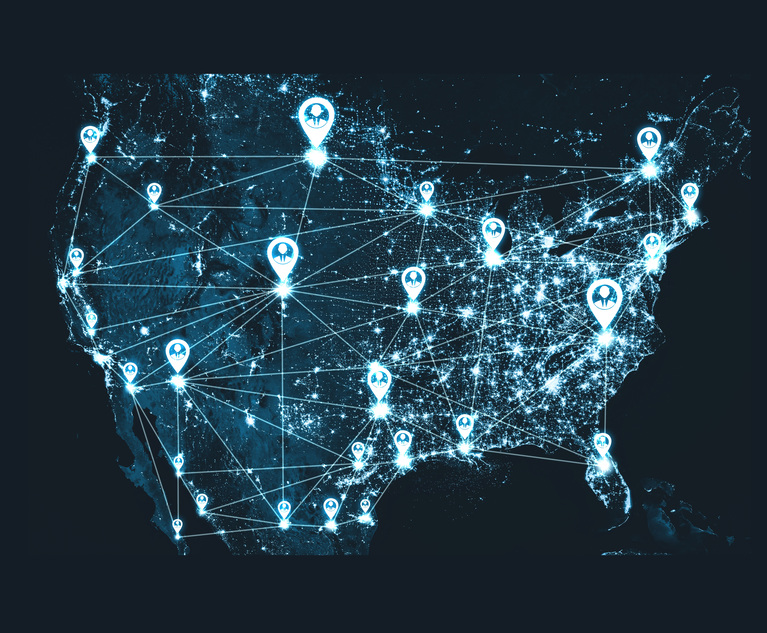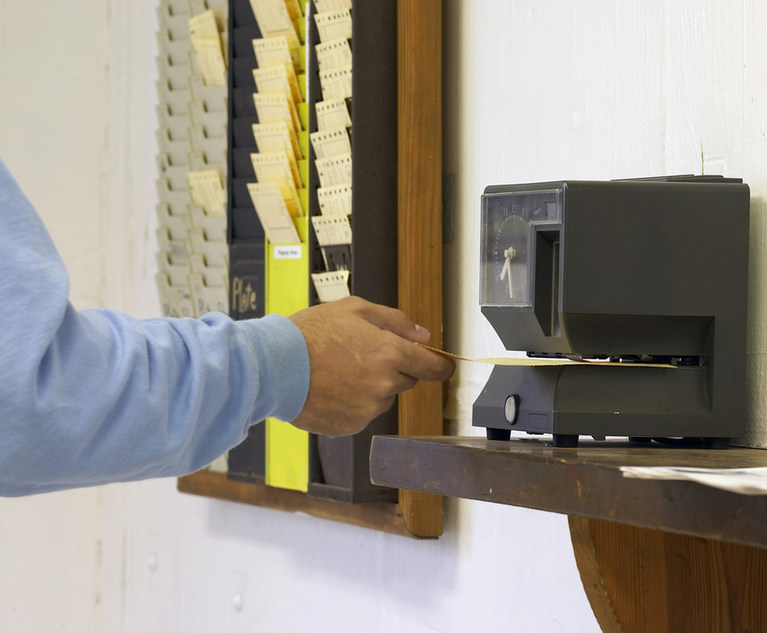In recent years, the breadth and scope of workplace investigation confidentiality rules have been scrutinized and debated. Some have argued that imposing confidentiality restrictions upon employees interferes with their Section 7 rights to engage in “concerted activity” for the “mutual aid and protection of employees” under the National Labor Relations Act (NLRA). 29 U.S.C. §157 (emphasis added). Conversely, others have argued that the inability to require confidentiality during an investigation has a significant negative impact. Specifically, without confidentiality, the integrity of the investigation is compromised, and there is an increased risk of interference, retaliation, and dissemination of employees’ sensitive personal information.
In a recent 2019 decision, the National Labor Relations Board (NLRB or the “Board”) revised the parameters for permissible confidentiality rules in workplace investigations. In Apogee Retail, the NLRB overruled its prior controversial decision from Banner Health System and applied a new analytic framework to determine the legality of workplace investigation confidentiality rules. Apogee Retail LLC d/b/a Unique Thrift Store and Kathy Johnson, 368 NLRB No. 144 (2019); Banner Health System d/b/a Banner Estrella Medical Center and James A. Navarro, 362 NLRB No. 1108 (2015), enf. denied on other grounds, 851 F.3d 35 (D.C. Cir. 2017). Significantly, the NLRB held that investigative confidentiality rules limited to the duration of open investigations are lawful without the case-by-case balancing of interests (as required under Banner).


 absolut – Fotolia
absolut – Fotolia




